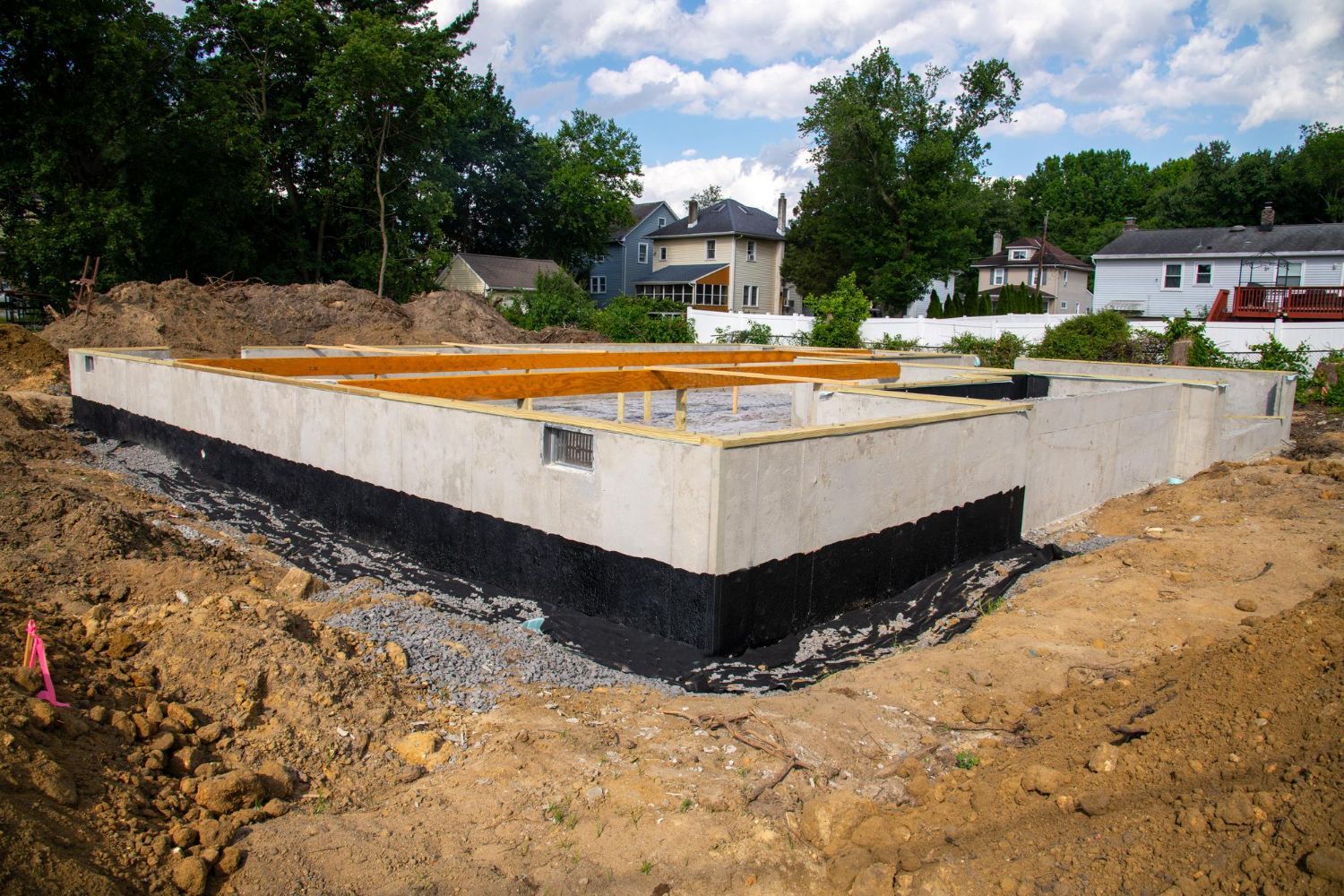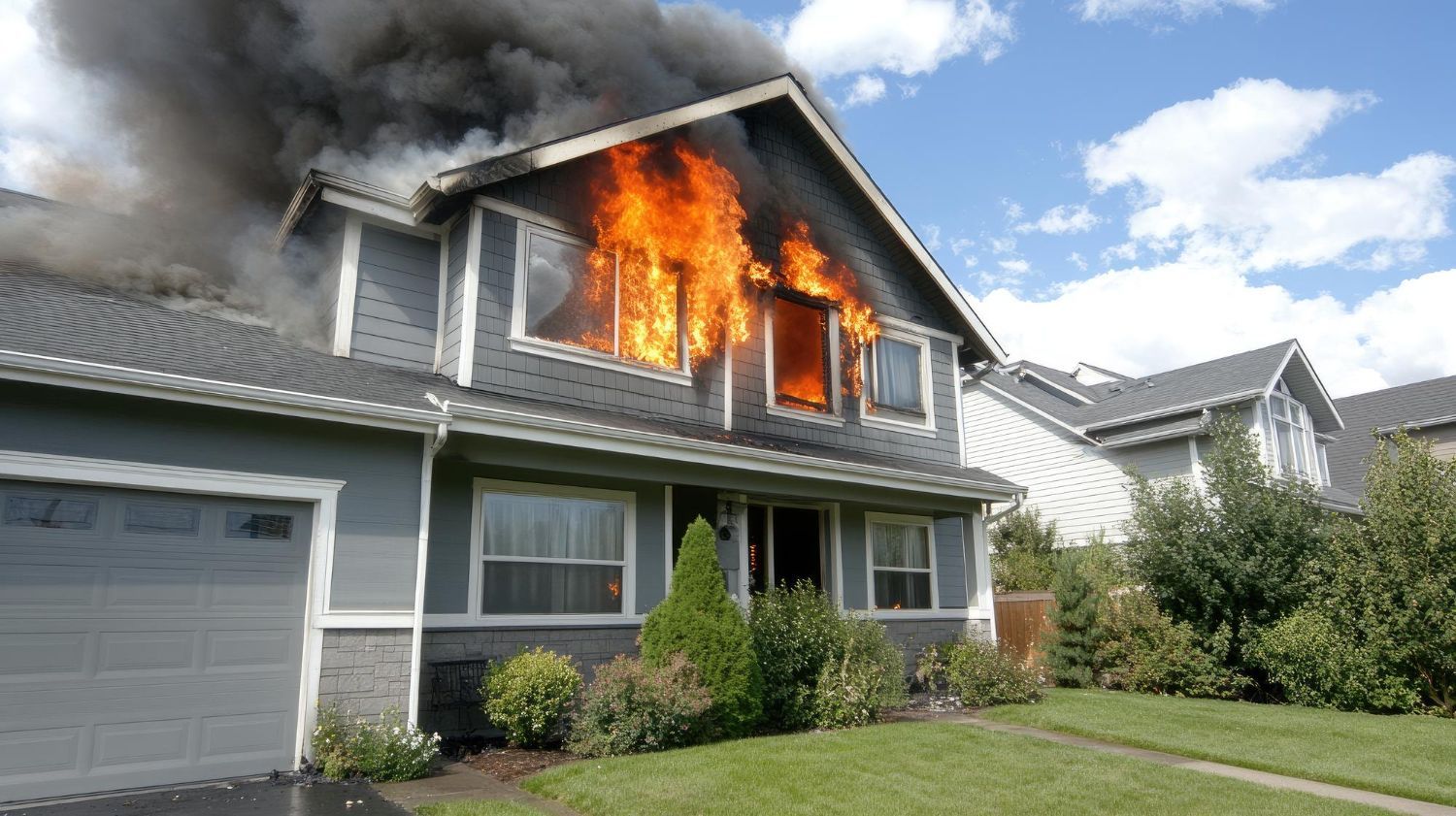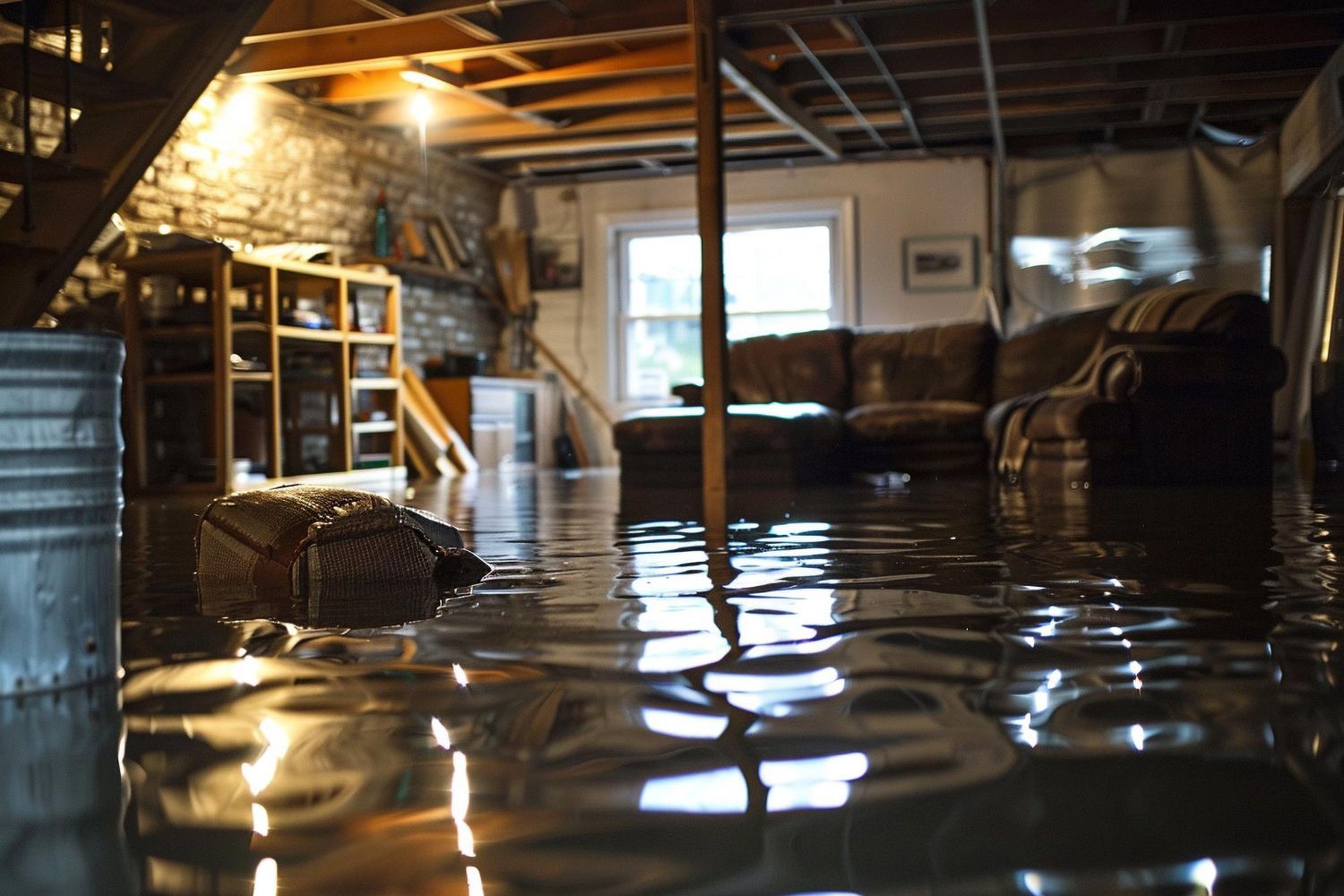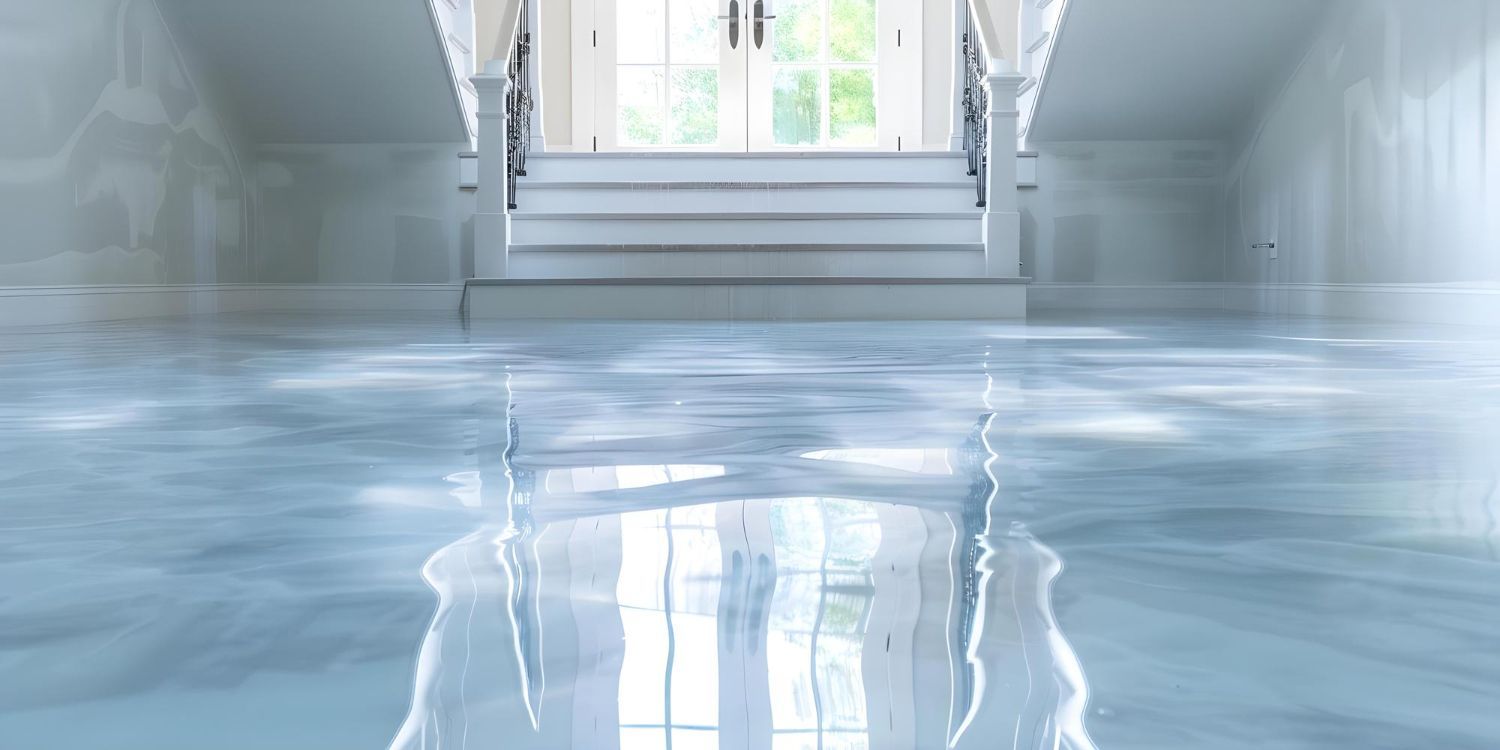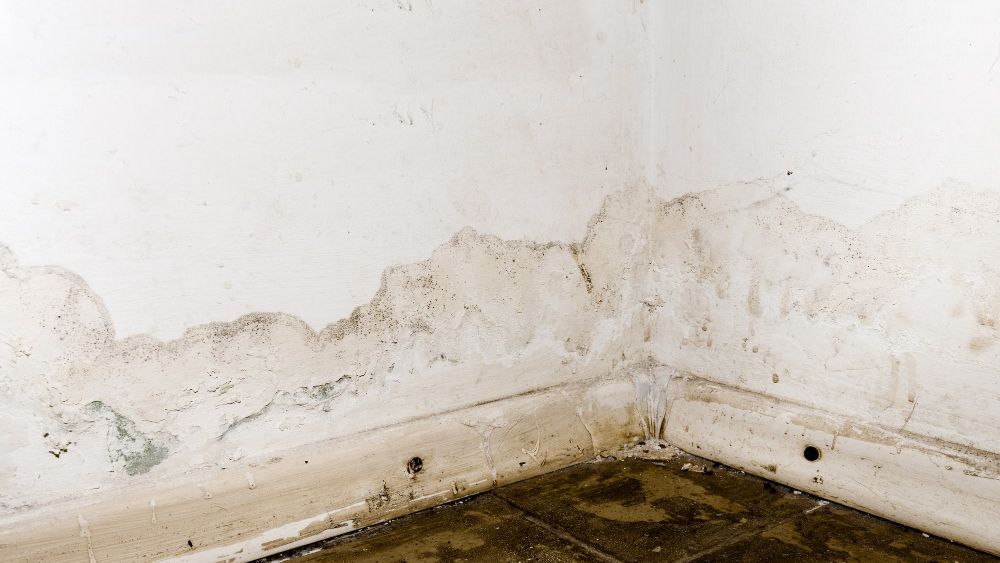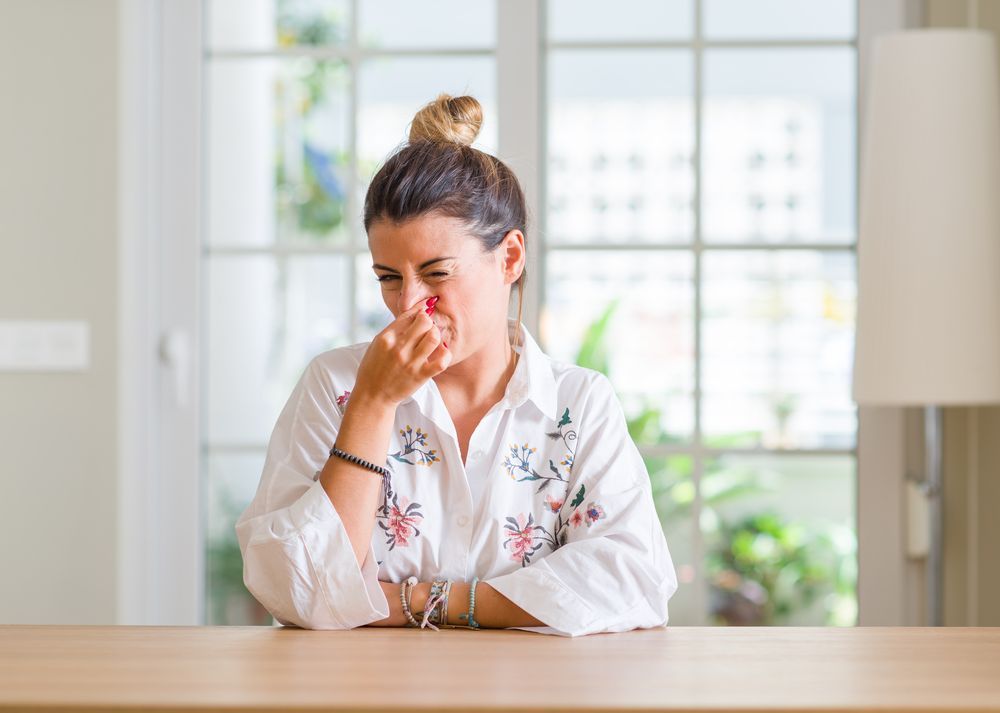Is Mildew Dangerous for Your Health?
Todd Harris • April 16, 2019
Mildew, like mold, is a type of fungus. There are fungal spores everywhere – in the air we breathe and the surfaces we touch each day. For millions of years, mold and mildew have dominated much of our planet. And yet, these spores are so small you cannot see them without a microscope. If moisture and humidity are in the air, then mold can settle onto any nearby surface – preferably one with a food source close by – and begin spreading. Most often, you’ll notice mildew growing around leaking plumbing pipes or after severe flooding. Over time, mildew can even compromise the integrity of your home. Mildew growth is not something to mess around with.
Mildew Reactions in People
For many, mildew is relatively minor. It’s an inconvenience. But some, especially those with respiratory ailments, such as asthma, may find that mildew can exacerbate their symptoms.
Mild Reactions to Mildew
For most, mild respiratory symptoms, such as sneezing, coughing, stuffiness, and itchy eyes, occur after brief to moderate exposure to mildew. If you have asthma, an asthma attack may occur, as will wheezing and coughing.
Then, there are some people who do not react whatsoever to mildew. It’s still important to remove the growth, though.
Severe Reactions to Mildew
Next, we have severe reactions to mildew growth. Anyone exposed to a large amount of mildew for an extended period will likely experience high fever, shortness of breath, and worsening respiratory symptoms. Furthermore, anyone with chronic lung disease or a compromised immune system may ultimately develop a fungal infection.
Toxic Mold Myths
When you hear about mold, your mind may conjure images of toxic mold spores shutting down your respiratory system. It’s common to be afraid of something we do not fully understand, such as mold infestations.
But toxic mold is something of a myth. Yes, there are some types of mold that produce mycotoxins, which are toxic spores, but the mold itself is not toxic or poisonous.
According to research performed by the Centers for Disease Control (CDC), some toxigenic mildews may contribute to adverse health conditions, such as pulmonary hemorrhage or memory loss. However, more recent studies performed by the organization have revealed no causal link between toxigenic mildew and health concerns.
The Bottom Line When it Comes to Mold and Mildew
Whether or not you are allergic to mildew or mold, you do not want a growth in your home. Before long, that minor growth will spread into the air ducts, inside of your couch, and in the fibers of your carpet. Here, it will continue to release spores into the air that will eventually affect your overall respiratory health. It’s better to be safe than sorry.
Schedule top-rated mold remediation services with Restoration 1 of Central Maryland. You can reach us day or night.


